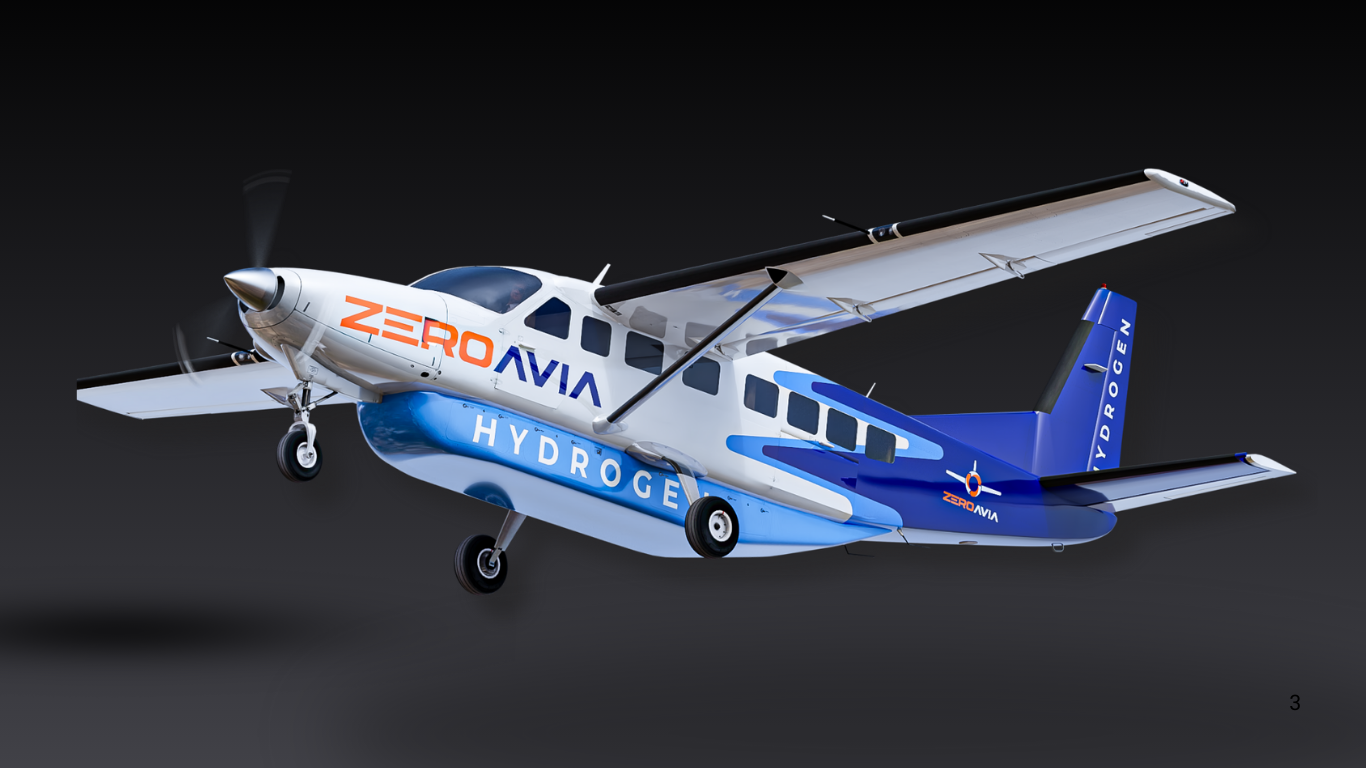ZeroAvia's Hydrogen-Powered Aircraft Innovation for U.S. Air Force
Key Ideas
- ZeroAvia, with support from Reliable Robotics, has received an SBIR grant from AFWERX to explore integrating hydrogen propulsion into Cessna Caravan aircraft for the U.S. Air Force.
- The study aims to create an 8,000 lb autonomous aircraft with hydrogen-electric propulsion for reduced engine noise, low thermal signature, and increased range for UAVs.
- Hydrogen fuel cells offer advantages such as simplified fuel logistics, high energy density, and potential for over 2,000 nm range in autonomous aircraft, aiding in national defense capabilities.
- The CEO of ZeroAvia, Val Miftakhov, expressed enthusiasm about the potential of hydrogen fuel cells in reducing costs, enhancing capabilities, and derisking fuel supply in air operations.
ZeroAvia has been selected by AFWERX for a Small Business Innovation Research (SBIR) grant to conduct a feasibility study on integrating hydrogen propulsion into Cessna Caravan aircraft for the U.S. Air Force. This study will focus on developing an 8,000 lb autonomous aircraft with hydrogen-electric propulsion to reduce engine noise, lower thermal signature, and enhance the range of electric Unmanned Aerial Vehicles (UAV). Hydrogen fuel cells provide benefits such as simplified fuel logistics, high energy density, and the potential for over 2,000 nm range in autonomous aircraft, supporting national defense efforts. Reliable Robotics will assist ZeroAvia in exploring autonomous flight systems for this initiative. The CEO of ZeroAvia, Val Miftakhov, sees this as a significant step in leveraging hydrogen fuel cells to improve air operations' efficiency and effectiveness. This collaboration showcases the innovative use of hydrogen technology in aviation, setting the stage for advancements in autonomous aircraft capabilities and fuel efficiency.
